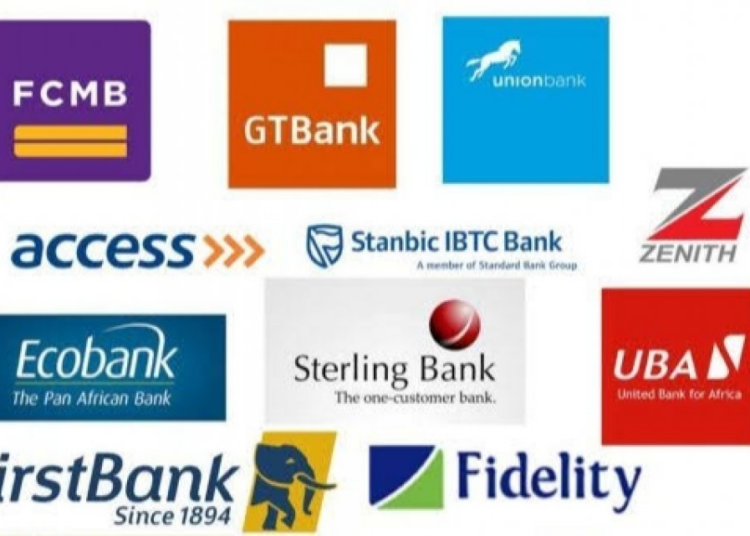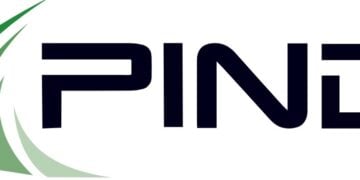High bank charges, multiple taxation, and poor infrastructure have emerged as the top factors constraining Nigerian businesses, according to the Central Bank of Nigeria’s (CBN) Business Expectations Survey for September 2025.
This is as many respondents to the CBN Inflation survey say they expect inflation to rise in the next six months.
The Business Expectation survey showed that 70.8 per cent of respondents identified excessive bank and financial charges, as well as high and multiple taxes and levies imposed by different tiers of government. Poor infrastructure followed closely, cited by 70.7 per cent of firms as a key challenge limiting business growth and investment.
An unfavourable economic climate was cited by 69.2 per cent of businesses surveyed as one of the factors that directly impact operational stability and profitability, while 64.8 per cent and 64.6 per cent of businesses quoted insecurity and access to credit as business constraints, respectively.
At the bottom of the top 10 constraints were: insufficient power supply, quoted by 37.8 per cent of businesses, and competition, cited by 40.4 per cent of companies. This suggested that business constraints focused more on financial factors than political challenges in the review period.
Despite these headwinds, the overall Business Confidence Index for September 2025 stood at 31.5 points, reflecting moderate optimism among firms about current conditions. Respondents expect improved prospects, with confidence projected to rise to 42.2 points in October and 51.8 points over the next six months.
According to the report, optimism was driven mainly by expectations of improved company turnover, business activity, and economic conditions, particularly in the services and wholesale/retail trade sectors. Respondents also cited anticipated increases in access to credit and new investment opportunities as reasons for their positive outlook.
However, the survey highlighted regional disparities, as businesses in the North-East recorded the highest confidence level at 48.7 points. In comparison, those in the South-East were the least optimistic at 7.3 points.
Firms across all sectors, from services, manufacturing, construction, agriculture, and wholesale/retail trade, reported optimism for the near term. However, their outlook was tempered by uncertainties surrounding government policies and foreign exchange stability.
Meanwhile, despite declining inflation and efforts by monetary authorities to rein in inflation, most Nigerians still believe prices will continue to rise over the next three to six months.
According to the CBN Inflation Expectation survey, many households and businesses perceive inflation as “high” and expect it to remain so in the short to medium term. According to the data, 26.5 per cent of respondents expect it to increase further in the next month.





